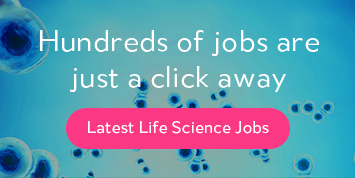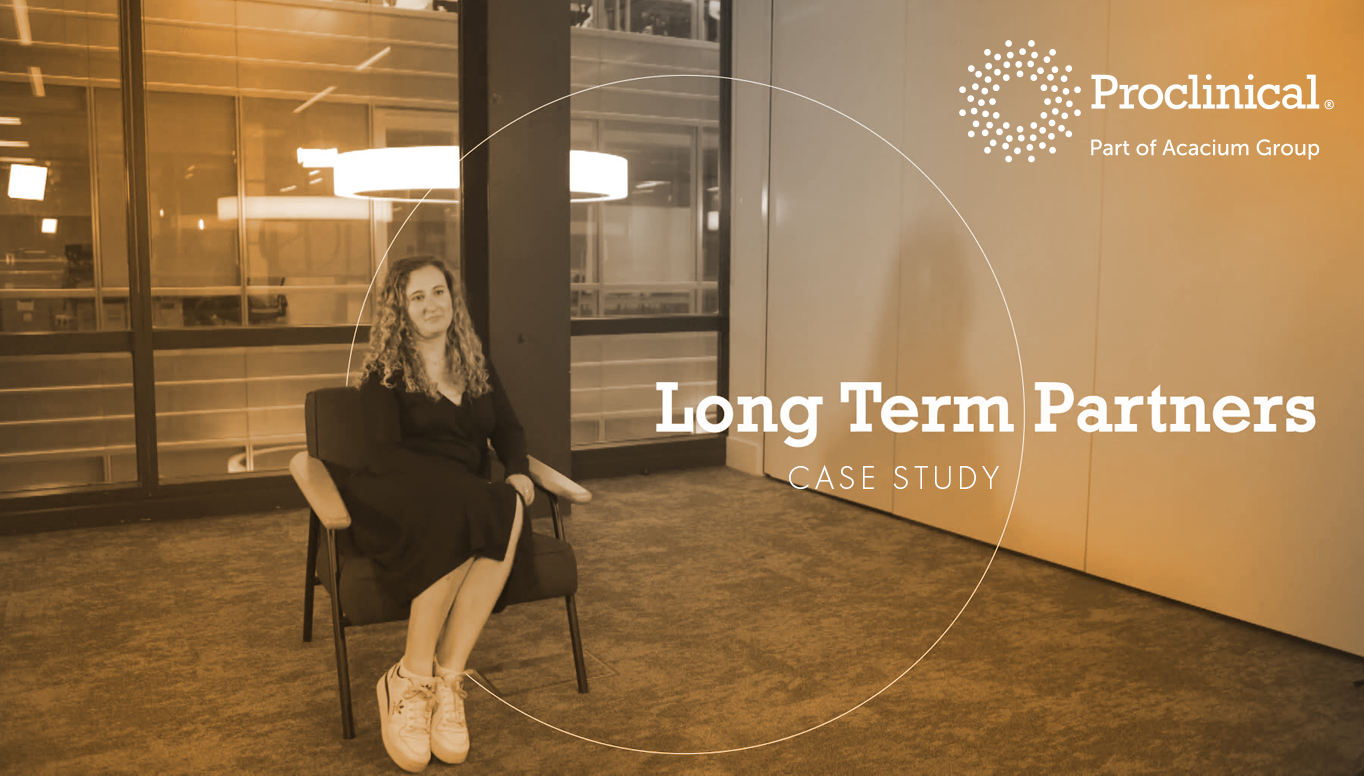
Interview preparation is key to being able to properly represent yourself to a potential employer. In regulatory affairs there are some key aspects that employers consistently look for in a job interview. With a bit of groundwork, you will be able to show these skills and increase your chances of getting the job.
By spending some time preparing, you will be able to present yourself as organised and know how to answer questions effectively, which will help you to overcome your nerves and to feel confident going into your regulatory affairs job interview. You will perform well in your interview if you can quickly recall relevant information to the questions that you are being asked and answer in a confident and enthusiastic manner to your potential employer. If you prepare thoroughly and follow the basics of being polite, presentable, enthusiastic and organised, you will stand a much better chance of being offered the job than if you don't.
When being interviewed for a job in regulatory affairs, there are some key points that employers always look for. These can be broken down into three categories:
Communication and organisational skills
Enthusiasm and cultural fit
Technical knowledge and problem-solving skills
Communication and organisational skills
As a regulatory affairs professional, your role will require you to liaise with different departments, multidisciplinary teams, multinational companies and agencies, so employers are looking for organised and articulate individuals with a clear, concise communication style.
Your interviewer is very likely to use competency-based interview questions that require you to back-up claims about your skills and experience with real examples. The questions that you will be asked can vary depending on the position and company that you are being interviewed for, but will usually be structured around your CV, the role and the values of the company that you are interviewing for. If you don’t want to be leaving an interview thinking of a great answer that you wished you had given, take a look at our previous post on answering competency-based interview questions.
Regulatory affairs jobs are detail orientated, so make sure that you demonstrate good attention to detail in the answers that you give. If your interview is for a contract regulatory affairs job, one question that you will almost certainly be asked about is why you chose to do contract work, so always have an answer to this question prepared. Proclinical have a helpful interview guide specifically for contractors that you can download here.
Your interview preparation will make evident your organisational skills, as will being punctual and well presented. Don’t forget that the interview is also an opportunity to see if the position is right for you, so consider what else you need to know about the company or role and write down questions to ask. Take your notepad into the interview and make it your goal to find out the information before you leave. Bring an extra copy of your CV with you on the day for the interviewer, just in case they haven’t printed it or brought it with them. Having this all together in an organised folder will impress the interviewer.
Enthusiasm and cultural fit
Often, employers will value enthusiasm and passion for regulatory affairs more than ‘hard skills’ that can be learnt. Prepare yourself mentally before your interview so that you enter with a ‘can do’ attitude and can speak passionately about your work. This will show them that if you were to be offered the job you would accept it and be motivated to perform to a high standard.
Genuine interest in the company and a good knowledge of their products and business model are important too. It is extremely rare for candidates who have not researched the company to be offered a job. Spend some time finding out about their news, products, therapy areas, values and ethics. For a more holistic view of recent developments, search for articles about the company from external sources such as Fierce Pharma.
In addition to reading their about page, company history and news, try to find sections on their website about their values or mission statement. Organisations are increasingly looking for a cultural fit, and one of the key determiners of this is how the company’s values match those of the candidate. For example at Gilead, the four core values are Integrity, Teamwork, Accountability and Excellence. Expect to be asked questions that are structured around these values and prepare by thinking of examples where you have demonstrated their values in your career so that you can answer them effectively in your interview. If you are able to align yourself to the company in this way you can considerably increase your chances of getting the job over someone with an identical skill set.
Technical knowledge and problem-solving skills
It might have been a while between when you wrote your CV and the date of your interview so make sure that you refresh your memory about what you put in it. Discrepancies between what you say in an interview and what is written on your CV casts doubt over your credibility, so be sure that you know your CV like the back of your hand.
Your interviewer will ask you technical, role-specific questions that relate to the skills on both your CV and on the job description. Write down some examples of where you have demonstrated them so that you are prepared to answer those competency-based questions when they arise. Put your CV and the job spec side by side and match the areas you have covered. Where there are any gaps in your knowledge make sure that you are prepared to answer questions about them too.
Regulatory affairs employers want to hire candidates who are able to think and problem solve for themselves, not those who will go running to the manager every 5 minutes with an issue, so prepare examples of when you have shown initiative and found solutions to problems in your current or previous role.
One final piece of advice; don’t leave it until the last minute to prepare for your interview. As soon as you receive confirmation, make sure you know exactly where and when your interview will take place and the name of your interviewer so that you know who to ask for when you arrive. Check whether you are required to bring anything with you and plan your journey so that you will arrive on time.
Good luck!


.png)

.png)


.png)
.png)




.png)
.png)











